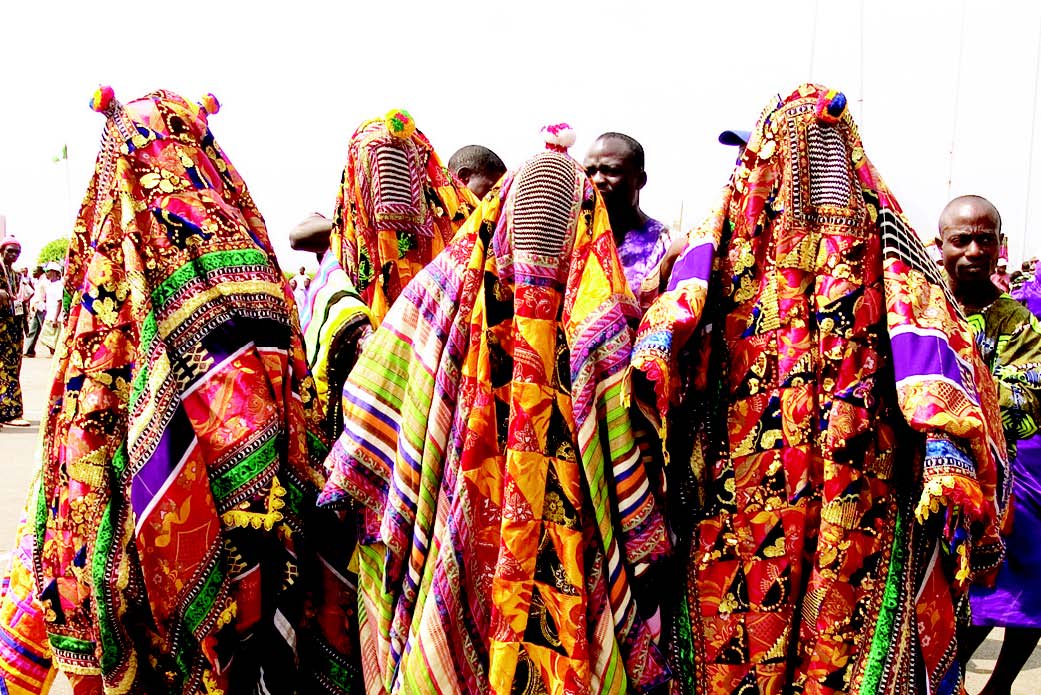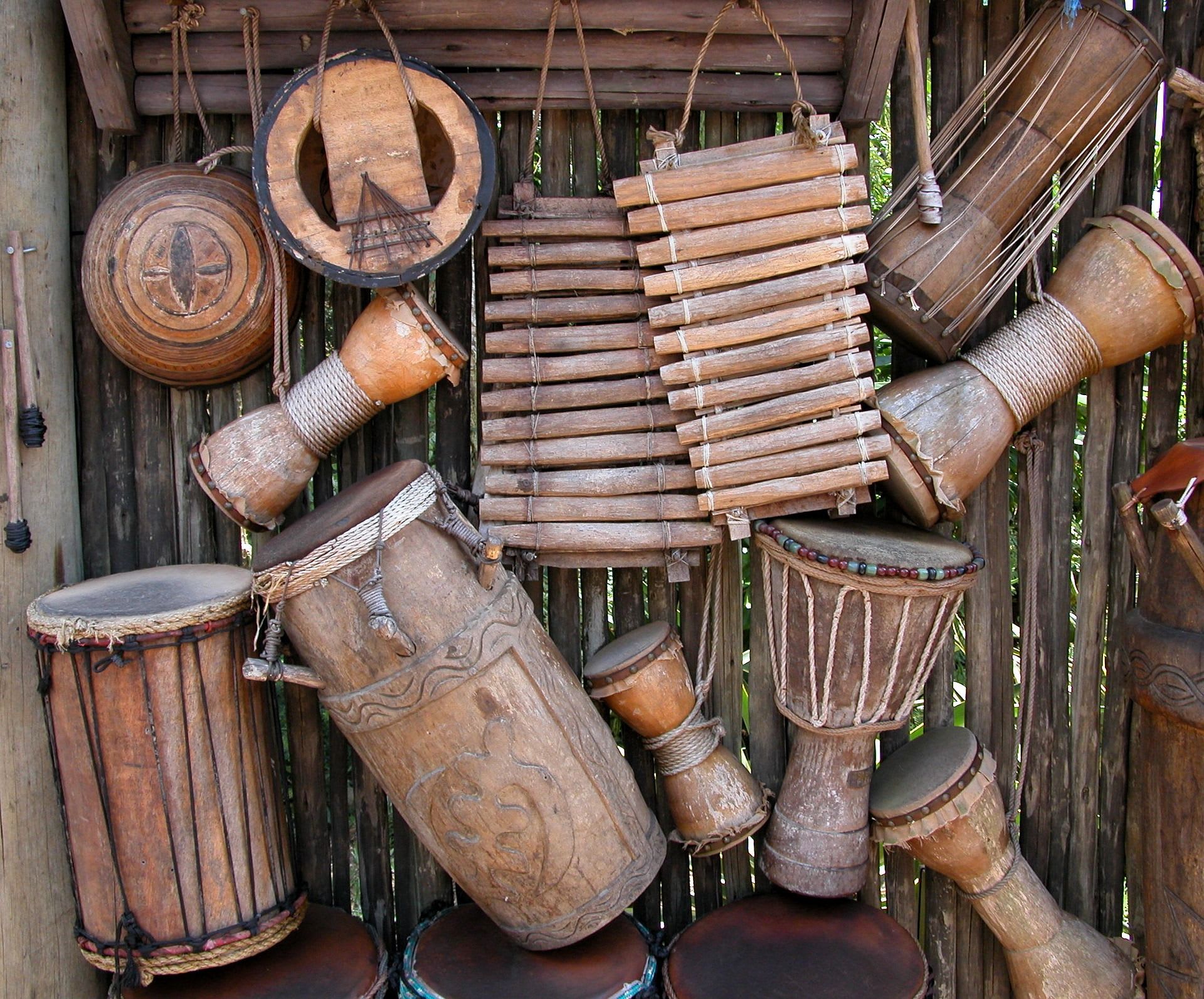Throughout history, women in the African culture have played a significant role in their communities, serving as caretakers, farmers and entrepreneurs. However, the role of women has undergone significant changes over time. To learn more about the past and present role of women in African culture, we spoke to Dr. Amina Ngoma, a cultural anthropologist who specializes in African studies.
In traditional African culture, women played a central role in their communities. They were responsible for taking care of the household, raising children and providing food for the family. Women were also involved in agriculture, often cultivating crops alongside their male counterparts. In some communities, women were also involved in trade and commerce, selling goods in local markets.
The roles of women in African culture have undergone significant changes overtime, especially with the introduction of colonialism and Westernization. As a result of these influences, women’s roles in the household and in society has been redefined. For example, in many African societies, women are no longer restricted to the home but are now also involved in the workforce and politics.
According to Dr. Ngoma, “Today, women in Africa are making significant contributions in a variety of fields. In politics, we are seeing more women running for office and holding positions of power. In business, we are seeing more women entrepreneurs and Chief Executive Officers. In education, we are seeing more women pursuing advanced degrees and becoming leaders in their fields.”
Despite the progress that has been made, women in African culture still face a number of challenges. For example, women are still underrepresented in many areas of society, including politics and business. Women also often have limited access to education and healthcare and are more likely to live in poverty than men.
“To further promote gender equality in African culture, we need to continue to address the root of the causes of gender equality. This includes addressing issues such as poverty, lack of education and discrimination. We also need to provide more opportunities for women to access education and training, and to participate in the workforce and in politics. Finally, we need to continue to promote the role of women in society, and to highlight their contributions and achievements.,” advised Dr. Ngoma.
The role of women in African culture has undergone significant changes overtime, with women now playing a larger role in the workforce, politics and society as a whole. However, there is still much work to be done to promote gender equality and address the challenges that women face. With continued effort and commitment, we can build a more inclusive and equitable African culture for women and for all.









